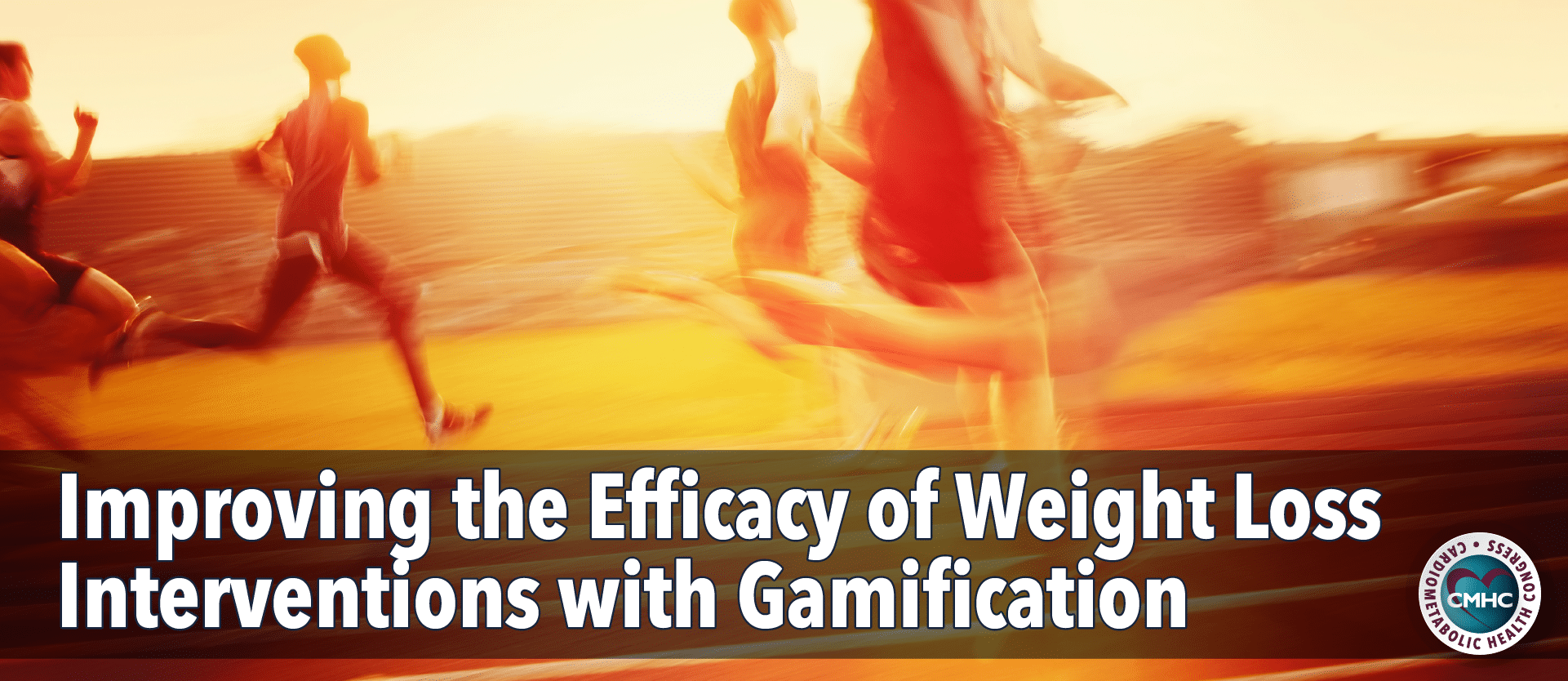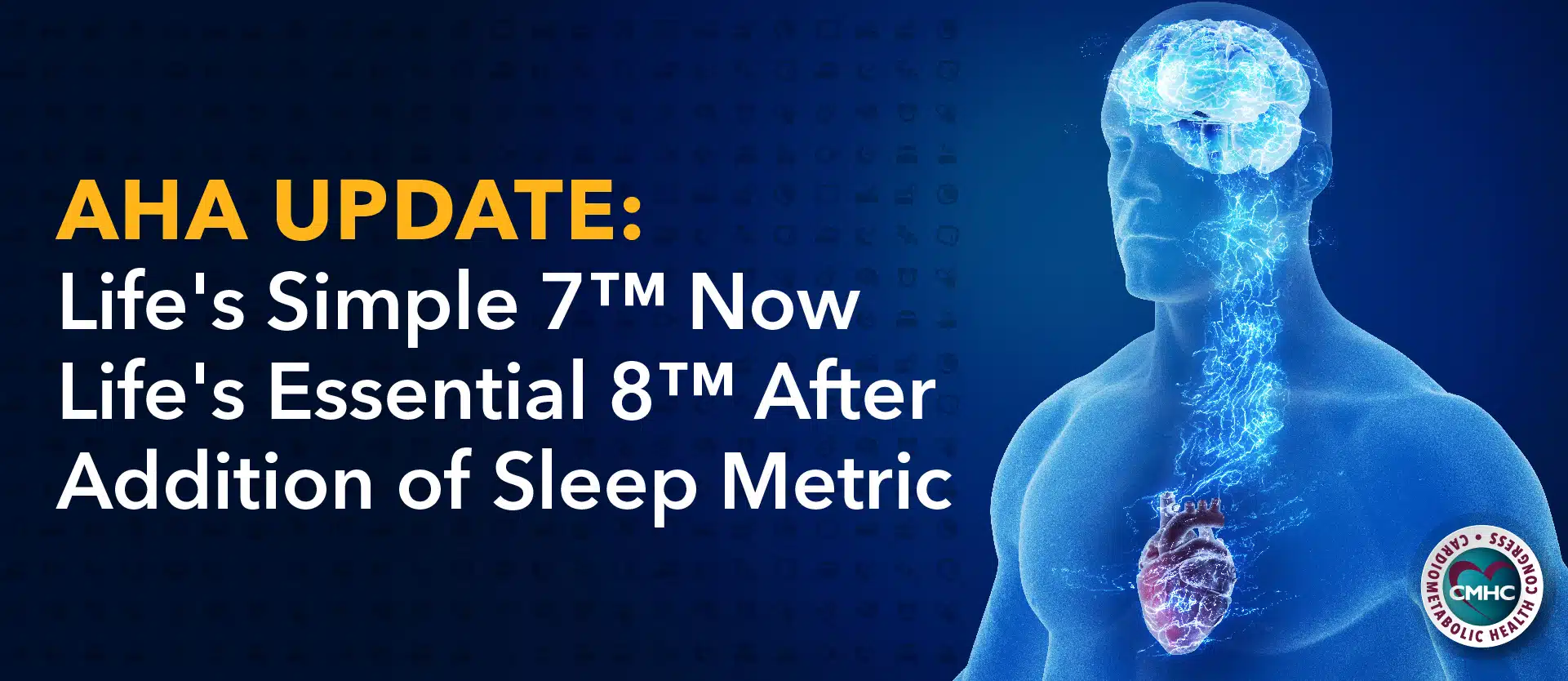Currently deemed a public health crisis, the rapidly rising rate of obesity within the population shows no signs of slowing down, with over 100 million obese adults and children in the United States. Per the current estimates, about 1 in 5 deaths in the U.S. are caused by obesity, and the prevalence of the condition has increased the incidence of severe chronic cardiometabolic diseases – type 2 diabetes, hypertension, cancer, and cardiovascular disease. Although deficits in physician’s nutrition education persist, strategic treatment and prevention protocols to alter dietary patterns are urgently needed.
Successful and lasting weight loss interventions are necessary to prevent further decline in population health and halt the dangerous epidemic while reducing the burden it places on both the health of the population and the U.S. economy. Medical professionals continue to investigate efficacious strategies to assist patients in weight loss and management. Recent research has revealed the benefits of specially tailored lifestyle programs – such as Diabetes Garage in El Paso, a program aimed at helping Hispanic men with type 2 diabetes improve health management techniques.
A new study published in JAMA Internal Medicine examined the impact of gamification – the use of game design elements in non-game settings – on the success of weight-loss interventions in overweight and obese adults.
Gamification Interventions for Encouraging Weight Loss
Led by assistant professor of medicine in the department of medicine at the University of Pennsylvania, Mitesh S. Patel, MD, MBA, MS, a team of researchers investigated the most effective way of incorporating social incentives within behaviorally designed gamification interventions in order to encourage increased physical activity in overweight and obese adults. They assessed the effects of support, collaboration, and competition separately on the physical activity levels of study participants, measuring the primary outcome of change in mean daily steps from baseline through the end of the 24-week intervention period.
The trial evaluated 602 adults with body mass indexes of 25 and above over the course of the 36-week randomized study, which included a 24-week intervention and a 12-week follow-up period. Participants received a wearable device to track their daily steps, established a baseline, and selected a step count goal after which they were assigned to either the control group or one of three gamification interventions – support, collaboration, or competition. The entire trial cohort was remotely monitored and received regular feedback from their devices, while the control group only received feedback and did not experience any other intervention methods for the duration of the study.
The three gamification groups entered a 24-week game – which was designed using insights from behavioral economics – with various points and levels awarded for their achieving step goals. These participants were awarded 70 points at the beginning of each week and lost 10 points for each day they did not meet their step goal. Participants also had the opportunity to move up or down a level at the end of each week based on the number of points they had earned.
In the support-based intervention cohort, friends and family members of participants received weekly performance reports, while the collaboration-based group was divided into teams of three with a different member representing the team each day to increase accountability. The competitive cohort was also divided into groups of three, however, each group was ranked based on their progress at the end of each week.
The Effectiveness of Competition
Compared with the control group, participants revealed greater step count increases in all three gamification interventions, with the highest change found in the competition cohort. Physical activity was significantly greater in the competitive group than within the control arm and remained so during follow up. However, researchers found that physical activity was not significantly greater in either the support or collaboration cohorts compared to the control group during follow up.
While all three gamification interventions increased participants’ physical activity levels throughout the 24-week intervention period, the emphasis on competition proved to be most effective in producing and maintaining desired results.
The new research reveals the potential benefit of including behaviorally designed gamification strategies to increase the effectiveness of weight-loss interventions. Although, gamification as such may not be enough to promote sustainable lifestyle changes, as the study reveals. Engaging overweight or obese individuals with competition and competitive game elements may prove to be a more successful strategy for certain patient populations.
Further research is needed to assess the efficacy of competition-based gamification interventions on a larger scale to determine their impact on patients of different age, race, sex, and socio-economic backgrounds. Nonetheless, the latest trial results highlight the success of targeted, personalized health management strategies, emphasizing the need for thoughtfully designed and implemented health care programs focused on weight loss and management.


















